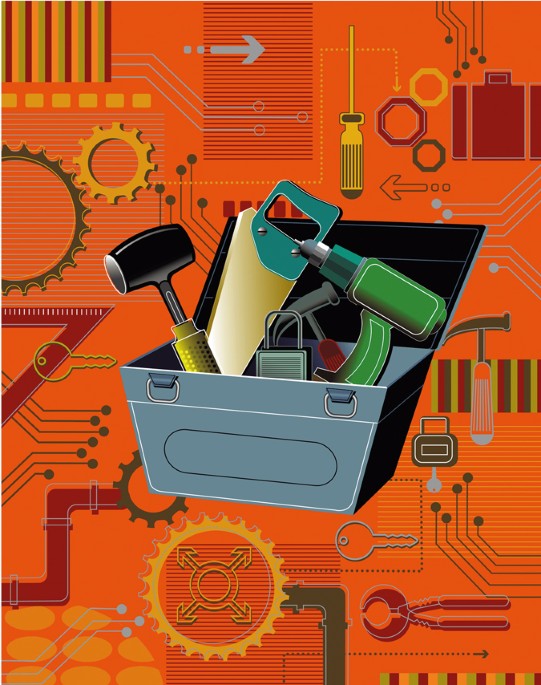
- Select a language for the TTS:
- UK English Female
- UK English Male
- US English Female
- US English Male
- Australian Female
- Australian Male
- Language selected: (auto detect) - EN
Play all audios:
HOW TO HELP YOUR LOVED ONES REMEMBER THEIR MEDICINE More than 4 of every 5 caregivers help manage medications , sometimes including intravenous fluids and injections, according to a 2019
AARP study. The percentage increased slightly from the results of a similar 2012 AARP study. The rising number of those medications can make this task daunting: Nearly 42 percent of adults
65 and older take five or more prescriptions, a rise of more than 25 percentage points in about 25 years, according to the federal government’s 2019 National Health and Nutrition Examination
Survey, the latest data available. About two-thirds of older adults take three or more prescriptions, and that doesn’t count over-the-counter medicines such as aspirin or antihistamines. To
help loved ones stay on track: MAKE A LIST. Write down all prescriptions, over-the-counter drugs and other supplements that need to be taken, their doses and when they should be taken. You
can get the information from the original bottles and boxes. Post it prominently. HELP WITH PREPARATION. Once a week, you or a paid caregiver can fill pillboxes organized by day of the week
or time of day. Or ask the pharmacist about medications in blister packs with individual pills sealed in a plastic grid to make it easy for your loved one to keep track of pills. Several
internet pharmacies also can do the sorting for you for a price, delivering sealed and labeled medication packets organized by date and time. USE PROMPTS. Medications can be placed next to a
coffee machine or a toothbrush as a visual reminder to take them. TOSS OUT THE OLD. If a medication has been discontinued, remove it from the home to avoid confusion. EXPLORE TIMERS. Start
with some simple technology, and you can gradually increase the amount of supervision as necessary: * If your loved one uses a smartphone, use the phone’s calendar app to set reminders. * A
smart speaker can do audio duty to suggest the time is now to pop a prescription. * A plastic pillbox that you stock is an inexpensive option to add if individual medicine bottles become
unmanageable. * Medication organizers with electronic alarms can boost the level of nudges. * “Smart” pillboxes that pair with smartphone apps not only deliver reminders to your loved one on
when medication needs to be taken but also tell you quickly and remotely if a dose has been skipped.





)
